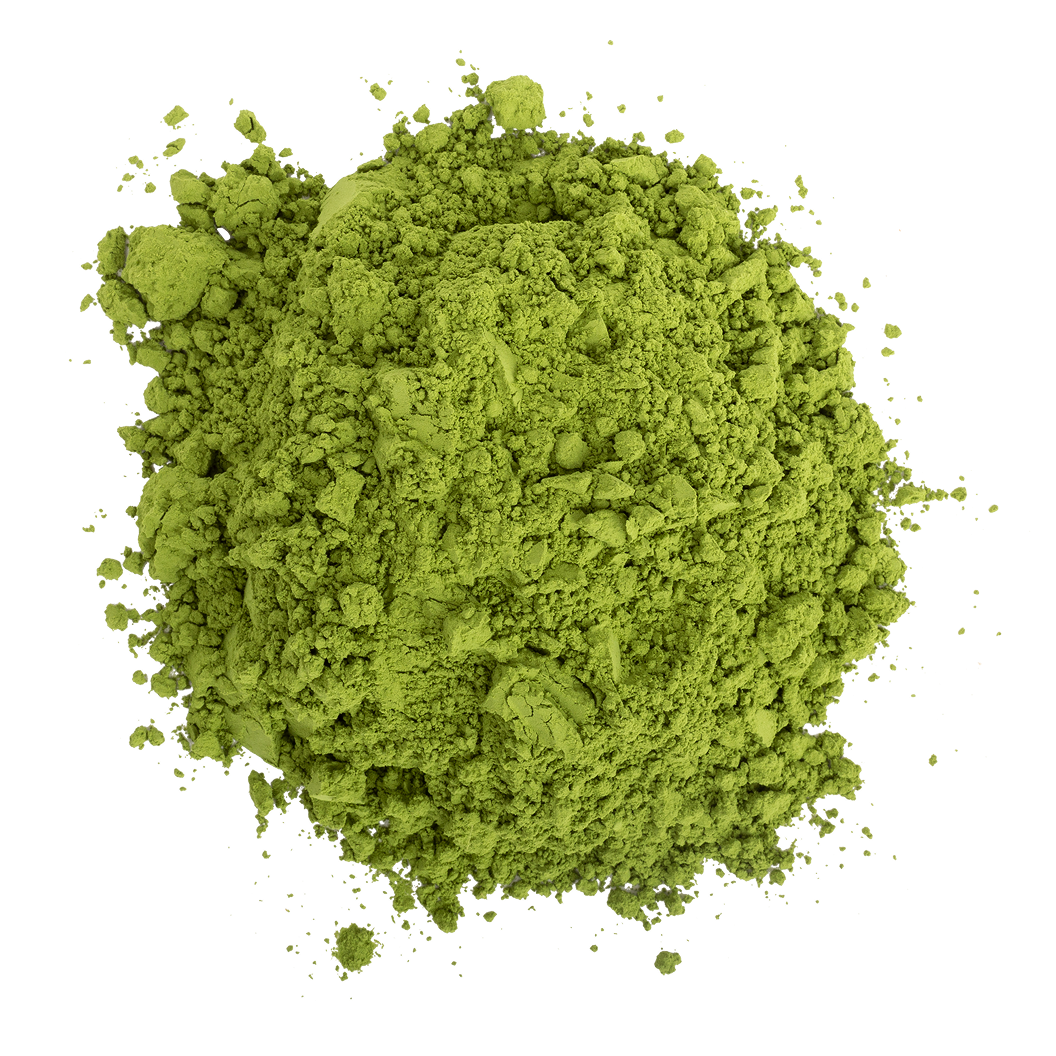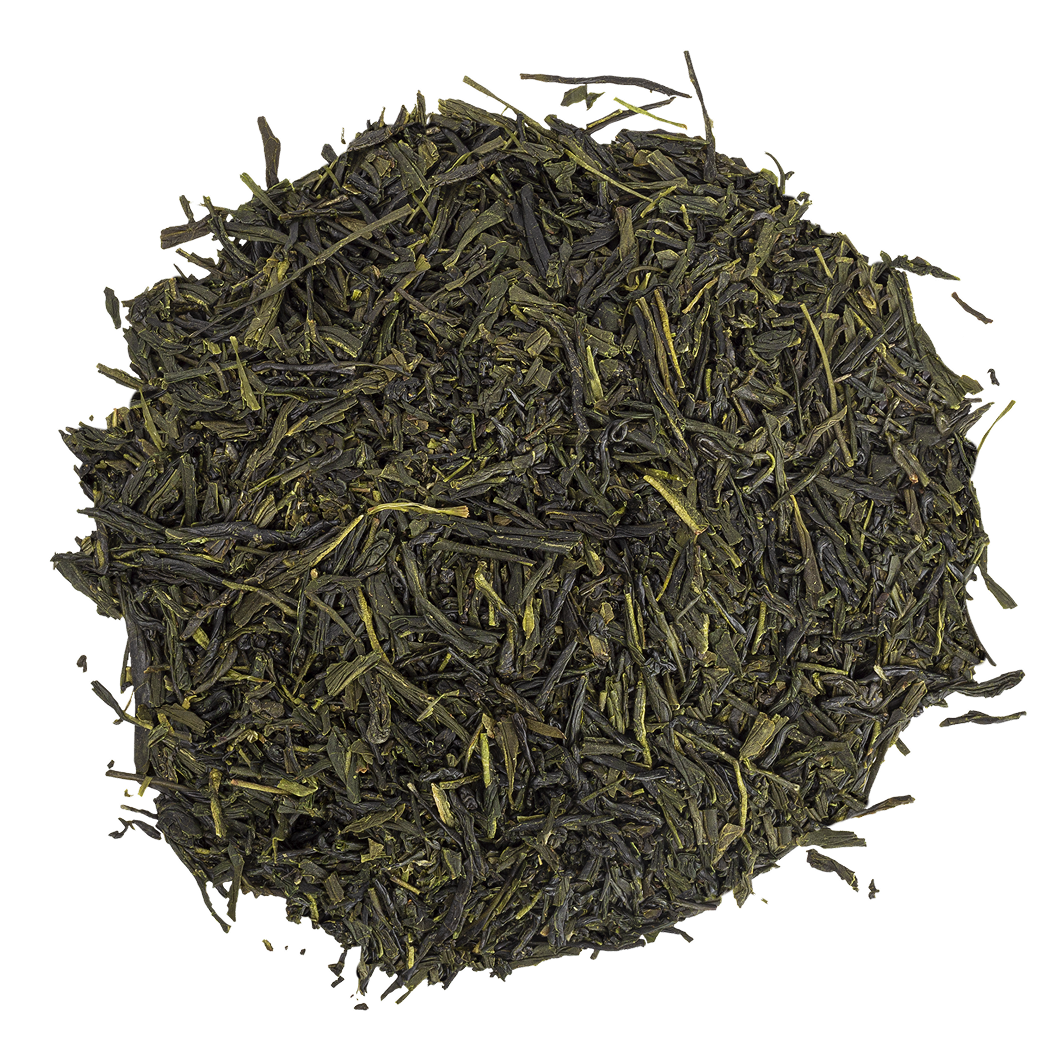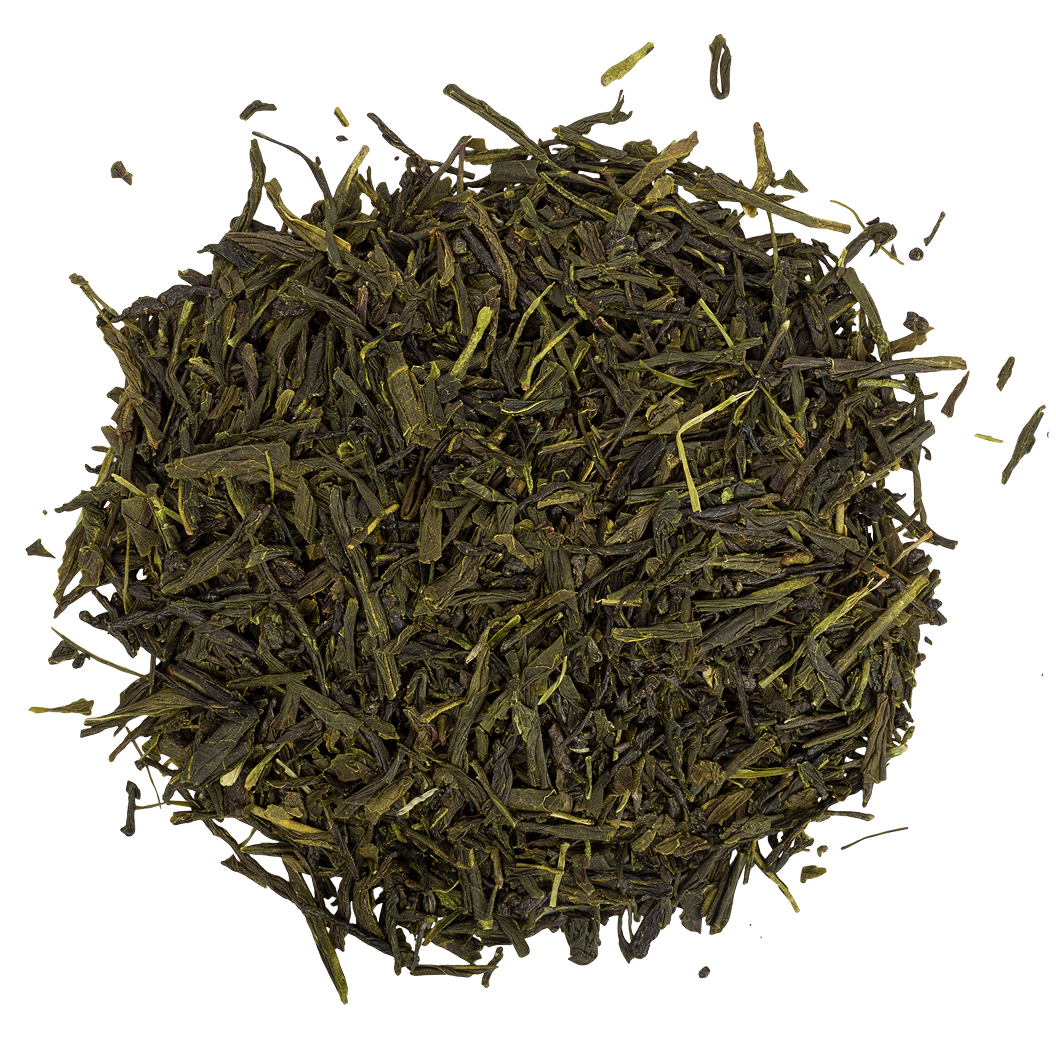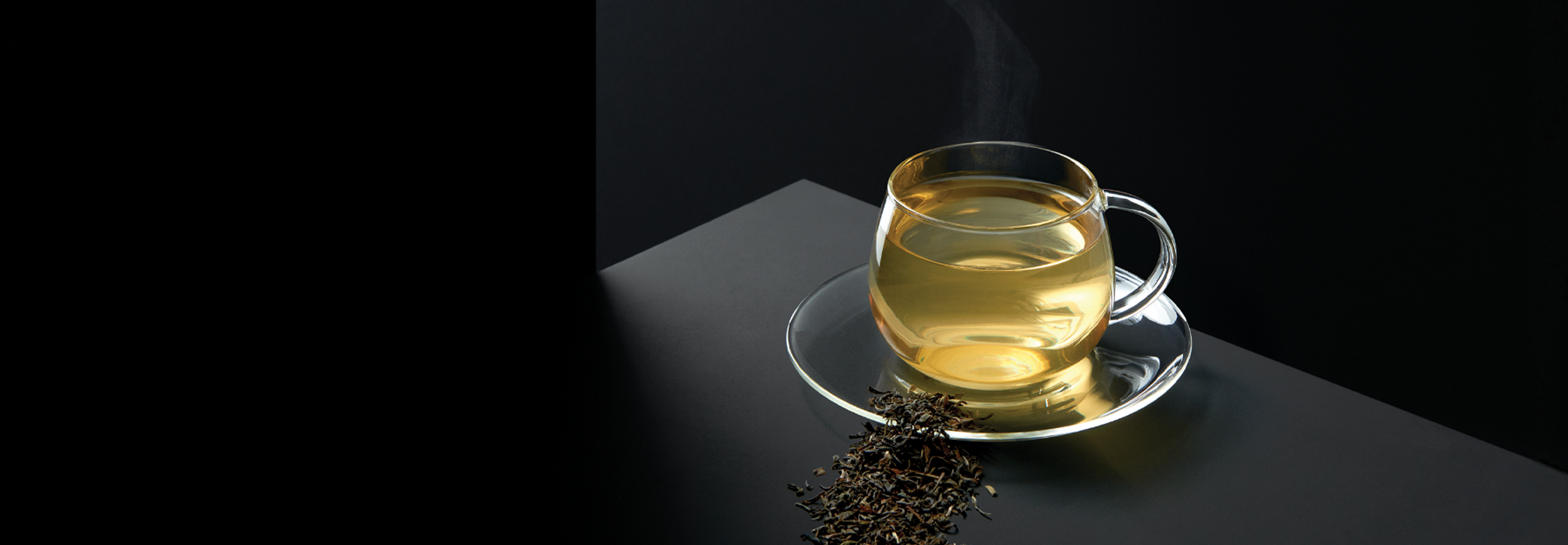Quick answer – no. But does that mean you should be drinking it before bed? Let us explain.
Green tea is well known for its health benefits, Chinese legends tell of its healing prosperities and even today our customers often credit it for making them feel rejuvenated, well-digested and soothed.
So, it’s unsurprising we look for opportunities to drink it more. While a warm cup of green tea before bed sounds calming, drinking it in the afternoon and evening may impact quality of sleep because of its caffeine levels. But how much caffeine does green tea in all its varieties – Matcha, Sencha, Long Jing, Nokcha – actually contain?
What has higher caffeine content, green tea vs. coffee?
Let’s compare – based on the Sleep Health Foundation’s estimate, a 250ml cup of brewed coffee usually contains anywhere from 80 to 350 mg of caffeine, and instant coffee 65 mg to 100 mg. In contrast, a cup of green tea usually has 30 to 50 mg of caffeine.
It’s important to consider that some coffees have more caffeine than others in the same way that some teas also have a higher caffeine content than others. For example Better Health Channel specify that drip or percolated coffee levels are 150–240 mg, espresso or latte contain roughly 105–110 mg and unsurprising in decaffeinated coffee you’ll find lower levels of 2–6 mg per 250 ml.
Types based on caffeine levels
Typically, Matcha and Gyokuro are known for their high caffeine content, but it can vary. This is influenced by the tea harvest season; earlier harvests generally contain more caffeine. Shade-grown teas, like Matcha, naturally retain higher caffeine levels. This practice also increases L-theanine, a compound that promotes relaxation, leading to a gentle, sustained energy boost.
The caffeine content of green tea also varies based on which part of the Camellia Sinensis plant is used. Tea made from the top leaves and buds contain the most caffeine (see: Matcha), while stems have the least and will typically have a milder flavour.
Processing methods after harvest, such as steaming and pan-frying, further impact caffeine and flavour. Japanese green teas are typically steamed, whereas most Chinese green teas are pan-fried. Pan-fried Chinese green teas generally have lower caffeine levels and a mellow flavour profile.
We have an article on green Tea varieties you can read here.
Matcha
The ever-popular powdered form of Japanese green tea. Read more about caffeine in matcha here.
“Matcha is commonly used as a replacement for coffee, giving the feeling of increased alertness without the dreaded post-coffee energy crash.” Olivia, T2 Tea Developer

Gyokuro
Japanese tea leaves that are shaded for the last two weeks before harvest, producing more caffeine as well as the distinctly grassy aroma and flavour Gyokuro is loved for.

Sencha
Sencha is another Japanese variety, while most Sencha is grown in the sun and has
moderate levels of caffeine, some types are partially or fully shaded so will have more
caffeine. We recommend trying our range of Sencha to find what suits your appetite for
caffeine best.
Sencha is another Japanese variety, while most Sencha is grown in the sun and has moderate levels of caffeine, some types are partially or fully shaded so will have more caffeine. We recommend trying our range of Sencha to find what suits your appetite for caffeine best.

How to adjust caffeine levels
There are two factors that you can control in slightly varying the caffeine levels of your green tea – brew duration and water temperature.
The caffeine content of green tea also varies based on which part of the Camellia Sinensis plant is used. Tea made from the top leaves and buds contain the most caffeine (see: Matcha), while stems have the least and will typically have a milder flavour.
If you want to increase the caffeine levels of your green tea for an energy boost, brew your green tea to the maximum time recommended on your packaging – usually about 3 minutes. We don’t recommend increasing the time or water temperature any more than the maximum recommendation as the flavour may become bitter.
Caffeine free options
For our customers who have sensitivities to caffeine, we would always recommend our herbal and fruit tisanes as a safe starting point such as, Herbals (except Yerba Mate), Rooibos and Honeybush. We now also proudly offer one decaffeinated black tea, All Day Breakfast.




















